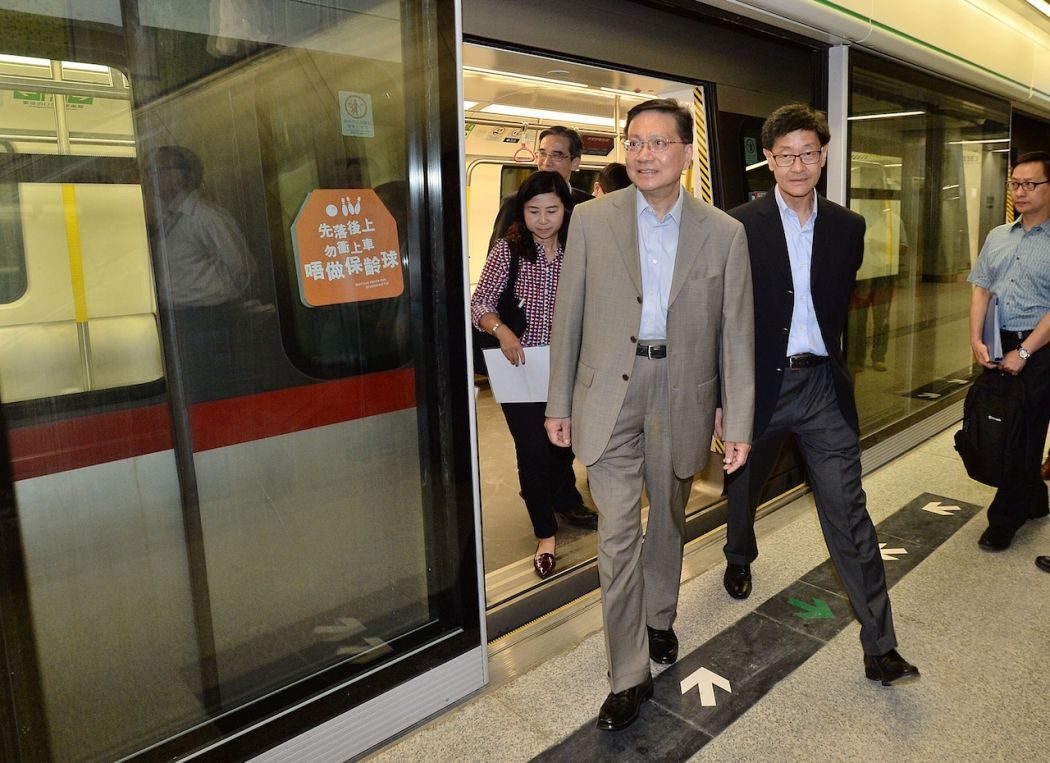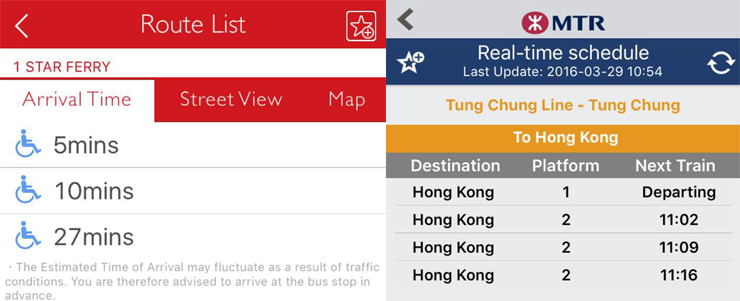Secretary for Transport and Housing Anthony Cheung Bing-leung has been criticised for appearing not to understand the meaning of open data.
At a session of the legislature on Monday, Cheung was confronted by IT sector lawmaker Charles Mok about the government’s slow progress in opening up transport data for public use.

“The undersecretary has promised to open up transport data as soon as possible, but what we’ve seen is continuous delay on the government’s part,” Mok said.
Broadly speaking, open data is data that anyone can freely use, distribute and re-process. In places such as London and Singapore, governments share transport data with the public, so that developers can use the raw data to innovate technological solutions for public transport users.
The Hong Kong government has yet to make real-time transport data public, saying that transport companies have the rights to their data and are not obliged to share it with the government. As a solution, the government allocated funds to bus companies to install electronic display boards at bus stops showing real-time operational information.
On Monday, Mok criticised Cheung for spending resources on developing government-run transport apps instead of meeting the public demand for open transport data.

“By international standards, this is not open data,” Mok said. “I urge the authorities to make a requirement for franchise renewal requiring all transport companies to make their transport data available to the public and not just to the government.”
Cheung replied: “Actually, both the mobile apps and website of the Transport Department are open to the public.”
“I am saying that the government should open up the data so that developers can use – not just read – it for making mobile apps. Can you tell the difference?” Mok said.
“Yes, I understand what you mean. But I wanted to say that even though the apps can be found on the government’s website, it does not mean that they are there to promote the government. They are there for public use,” Cheung said.
The fiery exchange went on for several more minutes before Mok’s round ended, with Cheung failing to directly respond to Mok’s criticism.

‘Public asset’
Mok subsequently posted the exchange on social media, slamming Cheung’s apparent lack of knowledge of open data. He wrote: “With a government like this, how can we ever build a smart city?”
An online commenter responded: “It’s okay to not know what open data is, but the problem is that Cheung pretended he did.” Another said: “Government officials clearly can’t tell the difference between open data and open information.”
Last March, Hong Kong Tramways decided to share real-time operational information with the Citymapper app company. The app relies on open data and operates in 34 cities, most of which have publicly accessible interfaces and systems, Citymapper’s General Manager Gene Soo told HKFP previously.
Currently, only Hong Kong Tramways and Uber provide data to the Citymapper app. Functions to estimate arrival time and routes for the MTR, buses and ferries rely on unofficial data.
Mok also urged the government to facilitate partnerships between transport companies and developers. “A smart transport system is only possible if bus companies cooperate. Transport data should not be seen as the property of the bus companies, but rather as a public asset,” he said.
